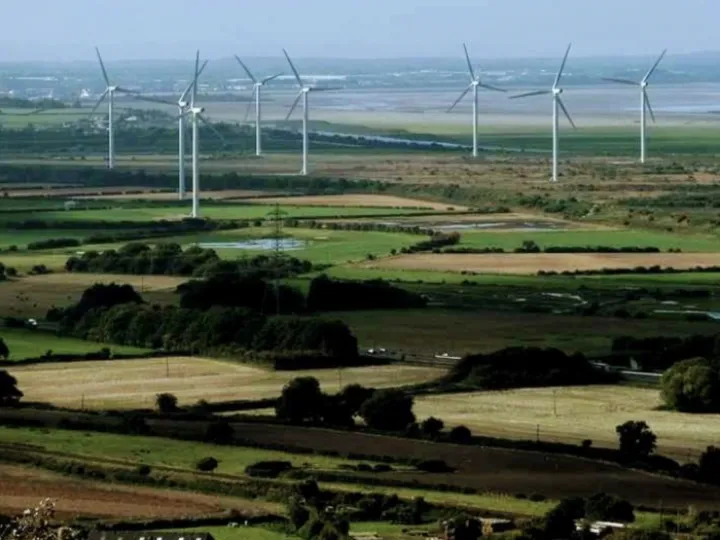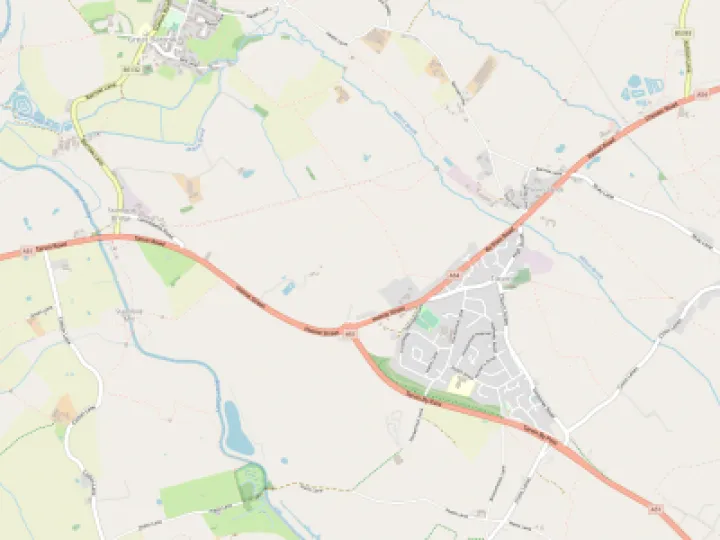Underground Renewable energy Research Observatory in Cheshire
A little known technology in the field of renewable energy is mine water thermal energy. Coal mining has left many flooded, abandoned mines throughout the UK. The water in these mines presents an opportunity for clean heat energy which could contribute towards a sustainable energy future.
The UK Geoenergy Observatories project is on track to deliver a second underground observatory for the UK. Planning permission for the Cheshire Observatory, which will be located in the University of Chester's Thornton Science Park, was granted on 9th February this year by Cheshire West and Chester Council.
Chester University has long been a hub of renewable energy and decarbonisation research so is the ideal place to build this second observatory.
The Glasgow Observatory is an existing research facility designed for investigating this shallow, low-temperature, mine-water heat energy and potential heat storage resources. The observatory site is typical of towns and cities with a post-industrial urban and coalfield legacy. Towns and cities are where the greatest demand for decarbonising heat lies.
Mine-water heat abstraction is a technology that is proven but not widely realised. The observatories enable research into questions remaining about this heat source, from size and sustainability to potential environmental impacts.
The Cheshire Observatory will comprise a network of 21 boreholes up to 100m deep. It will provide world-class research facilities for geoenergy storage scientists and innovators.
The boreholes are equipped with a range of subsurface technologies including borehole heat exchangers for heating and cooling of the subsurface, advanced sensors for 3D imaging of subsurface processes in real-time, and equipment for multilevel groundwater monitoring and hydraulic control.
Data will be free and open to the public, public bodies, researchers and industry.
The Glasgow Observatory is already providing open data for the science community, and the Cheshire Observatory is scheduled to enter into operation in 2024. The £31 million UK Geoenergy Observatories will provide scientists with scaled test facilities that can be used to optimise a range of subsurface energy technologies.Together, they will increase the UK's research and innovation capability in low-carbon energy supply and storage.
Quick Links
Get In Touch
TarvinOnline is powered by our active community.
Please send us your news and views.







